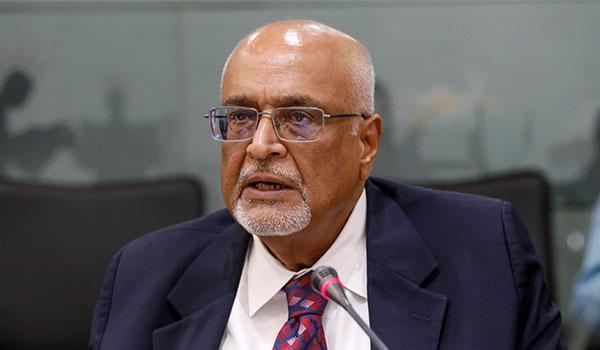
DHAKA, Dec 02, 2024 (BSS) - The White Paper on the state of Bangladesh's economy has disclosed that trillions of takas were embezzled from the stock market through fraud, manipulation and deceit, particularly in placement shares and IPO processes.
The committee, led by eminent economist and Distinguished Fellow of the Centre for Policy Dialogue (CPD) Dr Debapriya Bhattacharya, presented the findings at a press conference held at the NEC conference room in the capital today.
The report said excessive government tutelage held back market development and constrained responsible institutions from carrying out their mandates.
This, combined with strong vested interest, resulted in an entrenched status quo of gambling and swindling, said the report.
Laws, rules, and regulations were deliberately deficient in their implementation. Weak and substandard companies came into the market through IPOs.
A major manipulation network involving influential entrepreneurs, issue managers, auditors, and a certain class of investors emerged.
In many cases, officials of the regulatory body themselves played a role as accomplices by exploiting legal loopholes or providing concessions.
Equity market growth is dragged by poor market infrastructure and unwieldy processing cycle for initial public offerings (IPOs). Current market systems are not supportive of a well-functioning market.
IPO valuations give the sponsors an upper hand over the general investors in the secondary market. Settlement delays raise the investors’ interest rate and price fluctuation risks. Liquidity is affected by the lengthy IPO cycle.
Absence of central counterparty clearing, interoperable information technology infrastructure and adequate trading platforms constrain brokers and clearing houses from transparent market making and trading.
The increase in the index prompted regulations to raise margin loan ratios, fueling the stock market surge.
The BSEC often maintained the index, disregarding rising stock prices, with regulatory action only taking place when prices began to fall. The controversial floor price system damaged the market’s international reputation, halting trading in strong companies while encouraging market manipulation due to low fines relative to potential profits.